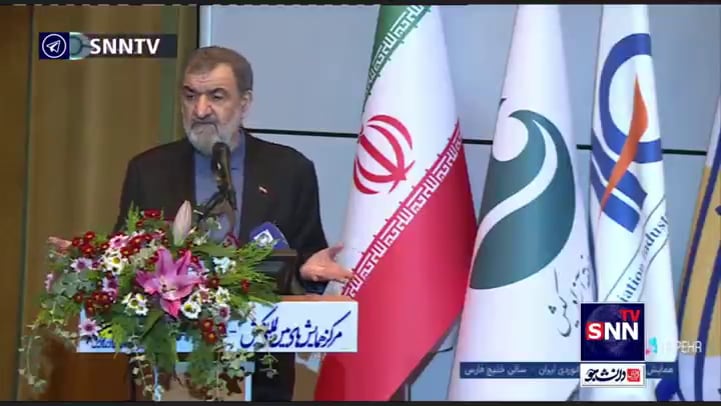
In 2005, Al-Arabiya TV broadcast a program on transgenders in Iran. "Changing one's sexual identity in Iran is not forbidden by religion," the reporter said, stating that Imam Khomeini had inspired fatwas on this matter and believed that sex change did not run counter to Islamic law. Consequently, in a place where homosexuality is punishable by death, "the number of sex change operations is over seven times the number performed in Europe," according to the report. "Iran is one of the few countries that not only permits transgender operations, but even shares the expense of these operations," the reporter said.
Following are excerpts from the program, which aired on Al-Arabiya TV on July 2, 2005.
Reporter: A man with a woman's feelings, or a woman in a man's body – it doesn't matter that much to this man anymore. Hassan – or Johannes, as he is known today – made a decision about his identity, and began the journey of transformation into the fair sex, ignoring the looks of scorn and contempt, particularly in a conservative Islamic society like Iran. In the 24 years of his life, he has endured an psychological and mental conflict, due to the moral pressure and obstacles that society imposes upon transsexuals like him. Changing one's sexual identity in Iran is neither forbidden by religion. Hundreds of Iranians have managed to turn their dream into reality - from a man into a woman, or vice versa. Iran, which generally arouses fears in the Western world because of its conservative –some say even extreme – Islamic values, is also a country that arouses inquisitive curiosity in general. On the one hand, homosexuals are punished by death, but on the other hand, Iran is one of the few countries that not only permits transgender operations, but even shares the expense of these operations. Why not? The first to inspire fatwas on this matter was the Leader of the Revolution - Imam Khomeini. Four decades ago, before he came to power in Iran, Khomeini adopted this position, and became, as some claim, the first Muslim cleric to deal with sex change this way. According to Khomeini, "If somebody wants to undergo a sex change because he feels trapped inside someone else's body, he has the right to get rid of this body and transform into the other sex, and he is also entitled to new identification documents, in order to put an end to his plight. According to Khomeini, the issue of sex change does not run counter to Islamic law. Therefore, there is no convincing argument against this operation.
The clinic of Dr. Bahram Mir-Jalali's in Tehran is the place that provides Johannes with relief and tranquility. Here you feel that you belong to a larger group suffering from the same problem – not only the desire to undergo a sex change, but also society's acceptance of this. Here there are women who have become men, and men who have become women, and others who are still waiting. Dr. Bahram Mir-Jalali, one of the most prominent specialist surgeons, has performed a large number of such operations, and he inspires hope in these patients. But he encounters many difficulties in dealing with the mothers and fathers of the transsexuals. Even the fatwas cannot reduce their shock.
As'ad Muhammad Qasir, professor of religious law: Let's assume someone inclines towards the other sex, but physiologically speaking, has no grounds to transform into the other sex. Even in this case, from the religious point of view – and this is the prevalent view among the jurisprudents – he is permitted to undergo a transgender operation, and move to the other sex, if it is medically possible.
Host: The average number of transgender operations performed in Iran is over seven times the number of such operations in Europe. Moreover, there is a need to perform the operation quickly and to issue official medical documents. People in Iran prefer to change their sex rather than be accused of homosexuality, which is punishable by death.
As'ad Muhammad Qasir: Transforming from a healthy man with no tendencies to the other sex – this operation is permissible in and of itself. However, if it requires forbidden preliminary steps – for example, an operation which involves exposing the private parts - or if it requires what could be called a forbidden look or touch – in this case, the operation is forbidden.












